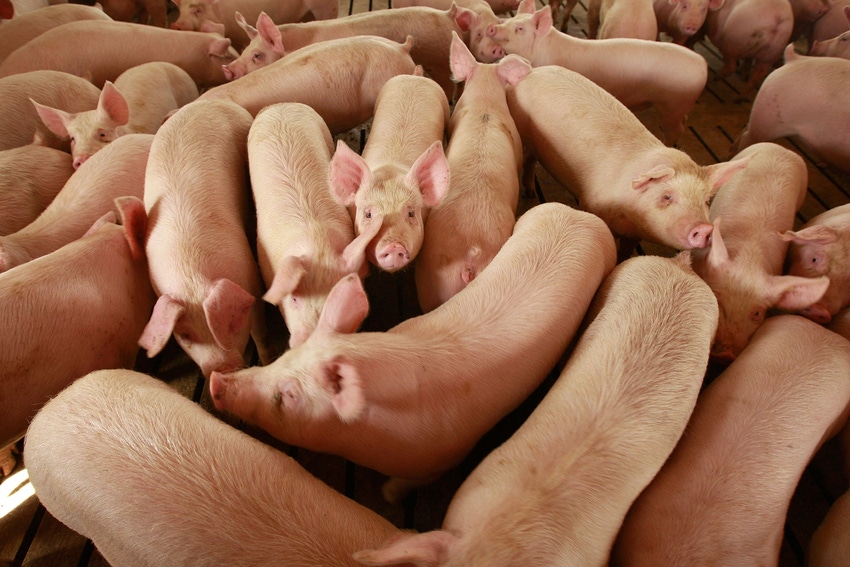North Carolina House passes bill to clarify type and amount of compensatory damages that should be available in agricultural nuisance lawsuits.

About the Author(s)
Policy editor, Farm Futures
Jacqui Fatka grew up on a diversified livestock and grain farm in southwest Iowa and graduated from Iowa State University with a bachelor’s degree in journalism and mass communications, with a minor in agriculture education, in 2003. She’s been writing for agricultural audiences ever since. In college, she interned with Wallaces Farmer and cultivated her love of ag policy during an internship with the Iowa Pork Producers Association, working in Sen. Chuck Grassley’s Capitol Hill press office. In 2003, she started full time for Farm Progress companies’ state and regional publications as the e-content editor, and became Farm Futures’ policy editor in 2004. A few years later, she began covering grain and biofuels markets for the weekly newspaper Feedstuffs. As the current policy editor for Farm Progress, she covers the ongoing developments in ag policy, trade, regulations and court rulings. Fatka also serves as the interim executive secretary-treasurer for the North American Agricultural Journalists. She lives on a small acreage in central Ohio with her husband and three children.
You May Also Like
Iowa turkey flocks confirmed with HPAI
October 23, 2023|2 Min Read
Recent Headlines
Enter a zip code to see the weather conditions for a different location.
New Cornell facility supports methane reduction, climate resiliency
April 25, 2024|3 Min ReadTechMix hires Chris Allen as Swine Territory Sales Representative
April 25, 2024|2 Min ReadConnect to build trust around the tough issues
April 25, 2024Bulls continue to push wheat prices higher
April 24, 2024|6 Min Read



.png?width=300&auto=webp&quality=80&disable=upscale)

